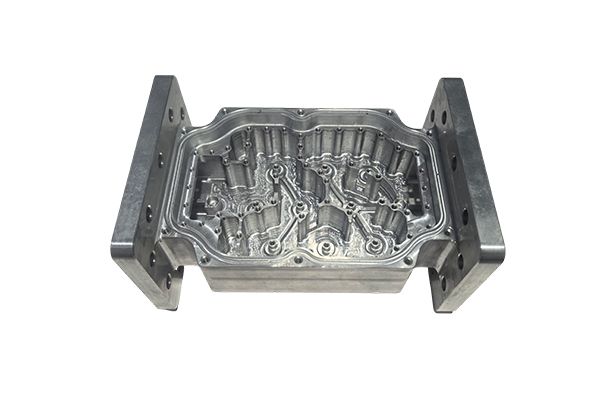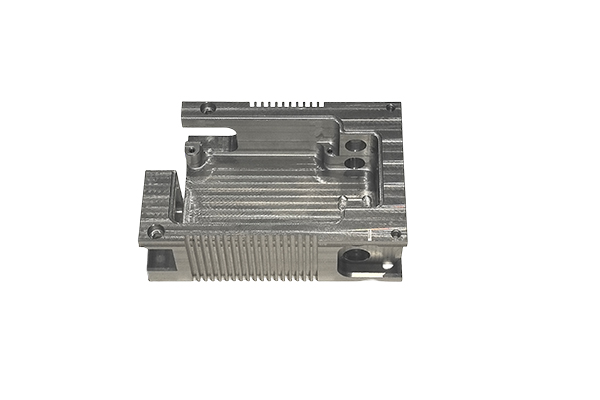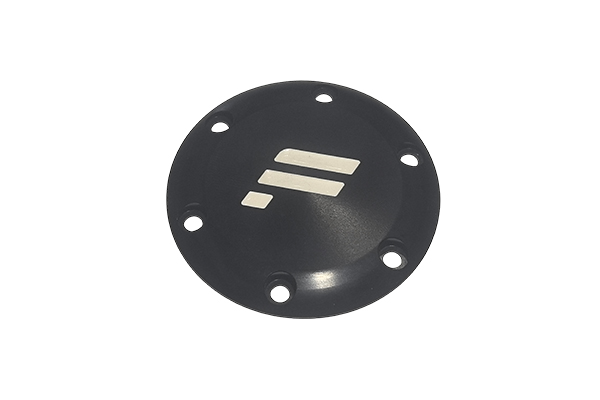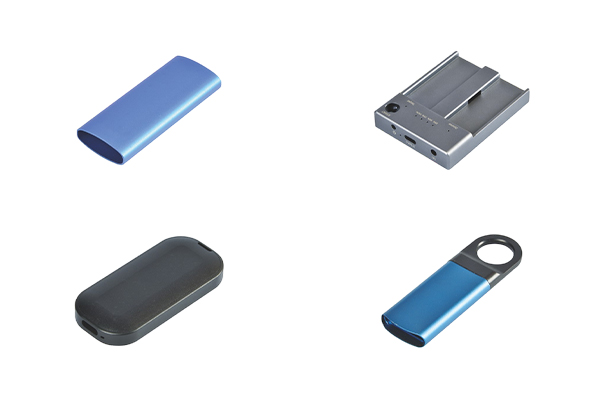Compared with nuts made of other materials, in which application scenarios can copper nuts highlight their advantages of corrosion resistance and high strength?
Release Time : 2024-12-25
First, in humid and highly corrosive environments, the advantages of copper nuts are particularly obvious. Because it is made of high-purity copper materials, copper nuts show excellent corrosion resistance. For example, in the field of marine engineering, seawater has a strong corrosive effect on metal materials, and copper nuts, with their excellent corrosion resistance, have become key fasteners for connecting various marine equipment and ensuring structural stability. Similarly, in chemical equipment, facing the erosion of various corrosive chemicals, copper nuts can also maintain their performance and extend the service life of equipment.
Secondly, in application scenarios that need to withstand high-intensity stress, copper nuts also perform well. Copper nuts not only have good corrosion resistance, but also have high strength and can withstand greater mechanical stress. In the fields of aviation and aerospace, copper nuts are used as fasteners to connect various parts to ensure the structural safety and flight stability of aircraft. In mechanical manufacturing, copper nuts are also widely used to connect and fix parts to improve the stability and reliability of mechanical equipment.
In addition, copper nut is also widely used in the field of electronic appliances. Due to its good electrical and thermal conductivity, copper nut plays an important role in electrical and electronic equipment that need to conduct electricity. In electrical connections, copper nut can ensure the stable transmission of current and improve the working efficiency of equipment. At the same time, in occasions where rapid heat conduction is required, such as electrical switches and valves, copper nut can also quickly transfer heat and maintain the normal working temperature of the equipment.
In summary, copper nut can highlight its advantages of corrosion resistance and high strength in multiple application scenarios. Whether in a humid and highly corrosive environment or in an occasion where high-intensity stress needs to be withstood, copper nut can provide reliable connection and fixation to ensure the stability and safety of equipment and structures. Therefore, it would be a wise choice to consider the advantages of copper nut when choosing nuts.
Secondly, in application scenarios that need to withstand high-intensity stress, copper nuts also perform well. Copper nuts not only have good corrosion resistance, but also have high strength and can withstand greater mechanical stress. In the fields of aviation and aerospace, copper nuts are used as fasteners to connect various parts to ensure the structural safety and flight stability of aircraft. In mechanical manufacturing, copper nuts are also widely used to connect and fix parts to improve the stability and reliability of mechanical equipment.
In addition, copper nut is also widely used in the field of electronic appliances. Due to its good electrical and thermal conductivity, copper nut plays an important role in electrical and electronic equipment that need to conduct electricity. In electrical connections, copper nut can ensure the stable transmission of current and improve the working efficiency of equipment. At the same time, in occasions where rapid heat conduction is required, such as electrical switches and valves, copper nut can also quickly transfer heat and maintain the normal working temperature of the equipment.
In summary, copper nut can highlight its advantages of corrosion resistance and high strength in multiple application scenarios. Whether in a humid and highly corrosive environment or in an occasion where high-intensity stress needs to be withstood, copper nut can provide reliable connection and fixation to ensure the stability and safety of equipment and structures. Therefore, it would be a wise choice to consider the advantages of copper nut when choosing nuts.







